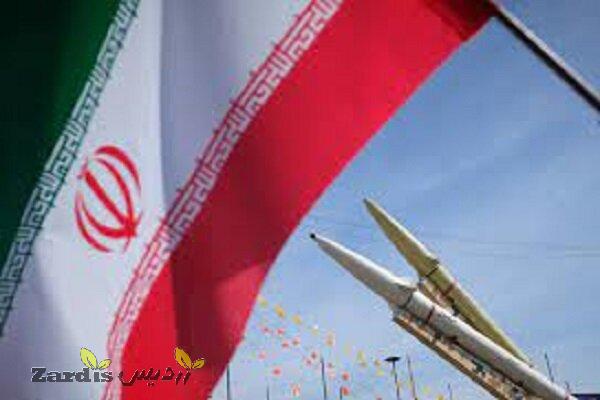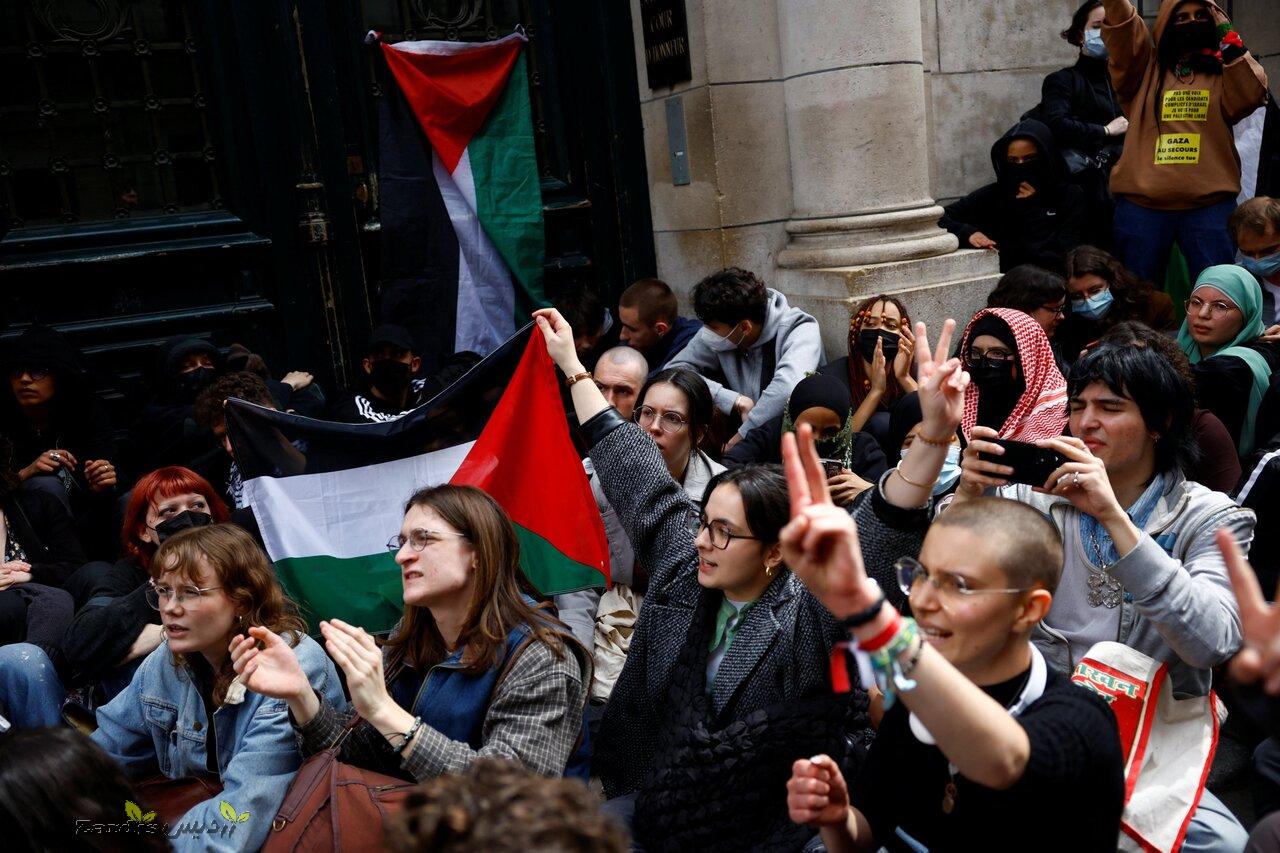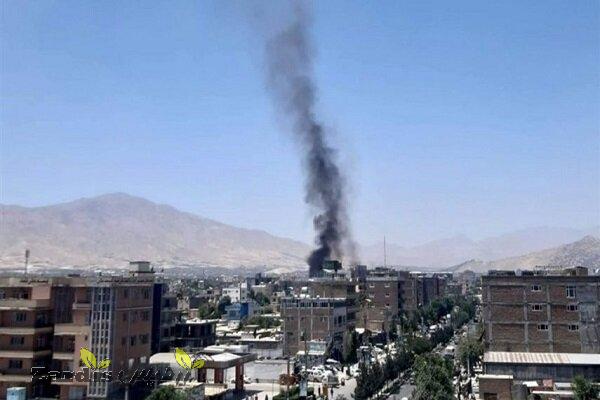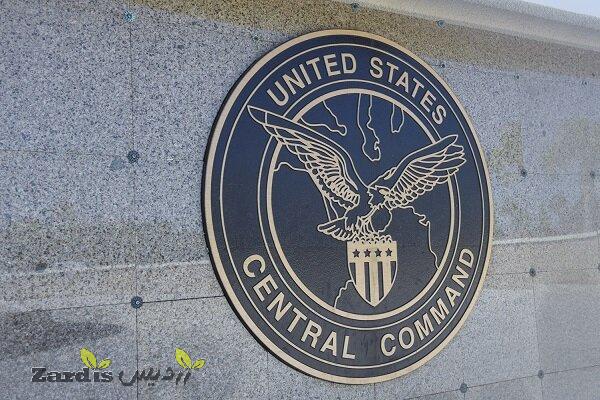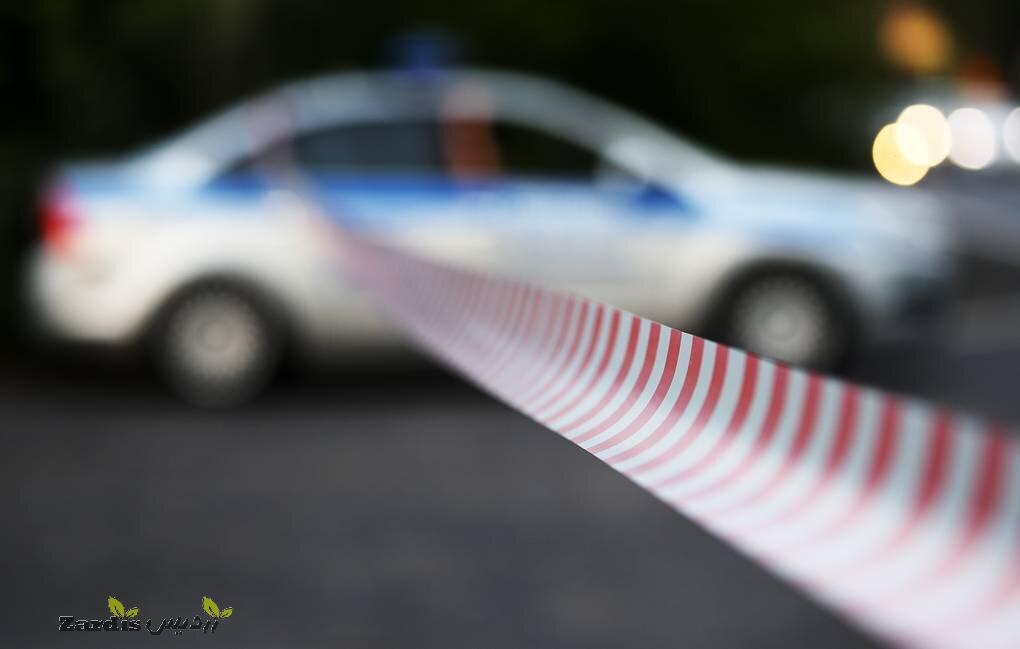Iran, Israeli regime relations; Start of conflicts
Iran’s 1979 Islamic revolution changed the dynamic of relations between Iran and Israel. The new leader of the Islamic Republic of Iran, Ayatollah Ruhollah Khomeini pursued the policy of standing up to “arrogant” world powers, called the US and Israel as Great and Little Satan.
Iran severed all diplomatic and commercial ties with Tel Aviv and does not recognize the legitimacy of Israel as a state.
The 1990s was the start of the change in Israel’s approach towards Iran. The end of the Cold War, Saddam Hussein’s attack on Kuwait, the attack led by the United States against Iraq led to the weakening of this country, and the clarification of the anti-Israel position of the Islamic Republic were the factors that changed Israel’s approach.
-After September 11, the relationship between Tehran and Tel Aviv became more tense. The incident of September 11 brought the position of Israel and the US closer.
Although Iran condemned the September 11 attack and supported the suppression of Al-Qaeda and the establishment of a new political order in Afghanistan, its peaceful efforts were not taken seriously by Washington.
In addition, George Bush, in his speech in January 2002 called Iran an “axis of evil” along with Iraq and North Korea, which occurred at the insistence of Israel’s lobbyists.
Iran’s nuclear program — which is entirely peaceful — added to Israel’s worries and caused stricter measures against Iran.
The internationalization of sanctions and using force by Israel has been the priority to end Iran’s nuclear program.
-The 33-day war in southern Lebanon in 2006 rekindled the fire of enmity between the Israeli regime and Iran.
Israel invaded southern Lebanon to destroy the Hezbollah, which lasted for 33 days.
In that war, Hezbollah was supported by the Iranian government and Tel Aviv by the United States; As it was thought, Israel could not succeed in destroying Hezbollah.
-The signing of the JCPOA with Iran in July 2015 was considered a warning for the Israeli regime. This country and its lobbyists in the US tried to keep Barack Obama’s government away from signing the JCPOA, but they failed.
The inauguration of Donald Trump in the US was a source of strength for Israel; Because he was a republican and the neoconservatives who were loyal to Israel were present and influential in his government. Therefore, Israel succeeded in persuading Trump to unilaterally cancel the JCPOA.
-To further isolate Iran, Israel has adopted a policy of normalizing relations with some Arab countries, the clearest example of which is the signing of the Abraham Treaty in August 2020 by the UAE and Bahrain with Israel.
Timelines of Israel’s Attack on Iran
Since 2010, Israel has conducted at least two dozen operations – including assassinations, drone strikes, and cyberattacks – on Iran. Most of the targets were connected to Tehran’s peaceful nuclear program which Israel considers an existential threat.
The following is a timeline of some of the important attacks on Iran carried out by Israel since 2010.
Between 2010 and 2012, four Iranian nuclear scientists Masoud Alimohammadi, Majid Shahriari, Darioush Rezaeinejad, and Mostafa Ahmadi Roshan were brutally assassinated, while another Fereydoon Abbasi was wounded in an attempted murder.
Jan. 12, 2010: Masoud Ali Mohammadi, a physics professor at Tehran University, was killed by a remote-controlled bomb planted on a motorcycle. The device detonated as he left home in northern Tehran to go to work.
June 2010: The Stuxnet computer virus developed by Israel and the United States was detected in computers at the Bushehr nuclear power plant. The virus then spread to other facilities. By September, 30,000 computers across at least 14 facilities—including the Natanz facility—were reportedly infected.
July 2, 2020: An explosion caused extensive damage to Iran’s main nuclear enrichment site at Natanz. The blast damaged a factory producing advanced IR-4 and IR-6 centrifuges that could enrich uranium faster than the IR-1 centrifuges allowed under the 2015 nuclear deal. “This incident may slow down the development and expansion of advanced centrifuges,” said Behrouz Kamalvandi, spokesman for the AEOI. Israel reportedly planted a bomb in the facility, The New York Times and The Washington Post reported.
Nov. 27, 2020: Dr. Mohsen Fakhrizadeh, an eminent Iranian scientist and the head of the Organization of Innovation and Research of the Ministry of Defence, was assassinated in the eastern suburb of Tehran.
May 22, 2022: A report by CNN confirmed and revealed that the Israeli regime was behind the assassination of Islamic Revolutionary Guard Corps (IRGC) officer Colonel Hassan Sayyad Khodaei in Tehran in May.
shift in Israel’s strategy and Iran’s response; Israel’s attack on Iran’s consulate in Syria
The change in Israel’s transnational strategy – from merely targeting Iran’s affiliates to directly eliminating Iranian leadership in Syria – was prompted by the 7 October attacks and Israel’s apparent dissatisfaction with the limitations and failures of its containment strategy.
The new approach became evident with the assassination of Sayyed Razi Mousavi, a high-ranking Iranian general, in Damascus on 25 December 2023. The direct targeting of the IRGC advisors in Syria continued, culminating in the killing of Iran’s top soldier, Zahedi, with another seven Iranian commanders in a building annexed to the Iranian consulate.
An Israeli airstrike on an Iranian consulate building in Damascus, killed General Mohammad Reza Zahedi, the leading Revolutionary Guard commander for covert operations in Syria and Lebanon, and six others, including Zahedi’s deputy. Iranian Foreign Minister Hossein Amir-Abdollahian condemned the bombing as a “violation of all international obligations and conventions.”
After the assassination of Mousavi, Iran escalated its transnational responses, increasing its attacks on Israel from Syria. In addition, alongside Hezbollah and other Palestinian movements, the Islamic Resistance in Iraq also initiated assaults against Israel from both Syria and Iraq.
Attack on embassy; violation of international treaties
Although in recent years we have witnessed assassinations and violations of international laws by the usurping Israeli regime, and the attack on the Iranian consulate is not the first illegal action against the position of the Islamic Republic of Iran, according to diplomatic and consular conventions, including the Vienna Convention of 1961 and 1963, the embassy is considered part of the country’s territory, and in the framework of the international system, an attack on the embassy is considered a direct attack on the country’s territory, so the issue of the missile attack on the Iranian embassy in Syria and the type of response to it has a double importance.
Violating the immunity of diplomatic persons and places by attacking the embassy building of the Islamic Republic of Iran in Damascus is in clear contradiction with the 1973 Convention on the Prevention and Punishment of Crimes Against Internationally Protected Persons, including Diplomatic Missions, and the United Nations Charter.
The attack of the Zionist regime on the Iranian consular building in Damascus is a violation of the principle of non-intervention and the prohibition of the use of force in international law and is a clear violation of Article 2 of the United Nations Charter. The military action of the occupied Jerusalem regime has no legal justification.
The attack is a violation of the sovereignty of Syria and also a violation of the sovereignty of the Islamic Republic of Iran. The attack as mentioned above is considered an example of the international crime of aggression according to Article 8 of the Statute of the International Criminal Court.
UNSC’s inefficiency in condemning, and punishing Israel’s terrorist attack
Regardless of the responsibilities of different governments around the world, it was expected that international institutions such as the United Nations Security Council take effective measures against terrorism to prevent governments and members from committing terrorist acts but they failed to fulfill their duties despite Israel’s international criminal record and inhumane actions.
These international institutions are subject to global consensus and their views and approvals are mandatory, and have the power to deal with issues of violation of security and justice.
To join the Islamic Republic of Iran to the Vienna Convention, which explicitly supports diplomatic immunities in numerous articles such as the immunity of mission places, residences, property, archives, and mission documents from aggression, hostile actions outside the framework of diplomacy and international relations of the Zionist regime is contrary to the laws recognized in international law.
The attack on the Iranian consulate in a third country which led to the martyrdom of Iranian diplomats and citizens was a clear example of not respecting the immunity of ambassadors and diplomatic places and violating international obligations.
Iran’s Attack on Israel as a legitimate defense
In response to the Israeli aggression, Iran attacked the Israeli-occupied Palestinian territories with a barrage of drones and missiles early on Sunday night.
IRGC conducted drones and missile attacks against occupied lands to exercise the right of legitimate defense and its responsible approach to regional and international peace and security.
Iran officials, including the minister of foreign affairs, emphasized that Iran has no intention of continuing defensive operations, but if necessary, it will not hesitate to protect its legitimate interests against any new aggression.
Iran has not targeted any civilians in its response to Israeli aggression and only targeted the airbase for F-35 jets and intel centers used in the strike on its consulate in Damascus.
Referring to the role of the UN and international organizations in preventing tension in the region, Iran stressed that if the UN had condemned the Israeli strike, Iran would have thought twice about its response.
According to official statements, Iran does not seek to target American people and bases in the region and does not welcome the extension of tensions.
Iran’s attack against the Israeli regime was in the exercise of Iran’s substantive right to self-defense as outlined in Article 51 of the Charter of the United Nations, and in response to the Israeli recurring military aggressions, particularly its armed attack on 1st April 2024 against Iranian diplomatic premises, in the defiance of Article 2 (4) of the Charter of the United Nations.
Iran as a responsible member of the United Nations, the Islamic Republic is committed to the purposes and principles enshrined in the Charter of the United Nations, and international law, and reiterates its consistent position that it does not seek escalation or conflict in the region.
Regrettably, the United Nations Security Council has failed in its duty to maintain international peace and security, allowing the Israeli regime to transgress red lines and violate the fundamental principles of international law.
Such violations have exacerbated tensions in the region and threatened regional and international peace and security, Iravani said.
As stated in Article 51, the occurrence of a military attack is the main condition for legitimate defense, and any preventive attack in this regard has no legal value and is not considered a defense. Legitimate defense must be preceded by a military attack and Ideological, cultural, or economic attacks are not considered aggression.
In this case, the Israeli attack on Iran’s consulate led Iran to use its right for legitimate defense.
Legitimate defense is necessary which means that it can be done when there are no diplomatic and civilian ways to resolve the aggression.
Legitimate defense, both individual and collective, is the introduction of collective security. Collective security has a defensive nature, not a repressive nature, and in the evolution, if it has become a punitive nature, it has a defensive nature in the seventh chapter of the United Nations Charter.
With this operation, Iran emphasized its deterrence which is the guarantor of protecting Iran’s interests and positions outside of the country, as well as the guarantor of protecting the sovereignty of countries that host Iranian diplomatic missions.
Iran has completely adhered to its constant equation and strategy in conflicts and unlike the invaders, it chose the enemy’s military targets for attack and proved that it can easily target all the economic positions and vital institutions of Israel.
Before carrying out this operation, Iran seized an Israeli ship in the Strait of Hormuz, which carried many strategic messages. With these actions, Iran showed that it could target all the interests of the Zionists and their supporters and partners in the Strait of Hormuz and also warned the Zionists that the way to respond to them is diverse and will not be limited to direct attacks.
- زردیس Zardis
- News code 54217
- 5 View
- بدون نظر
Zardis news | The latest news of Iran and the world
All rights reserved for "Zardis news"It is protected and any copying without mentioning the source is prohibited.
Pursuant to Article 12 of Chapter 3 of the Cybercrime Law, copying the format and content will be prosecuted.



